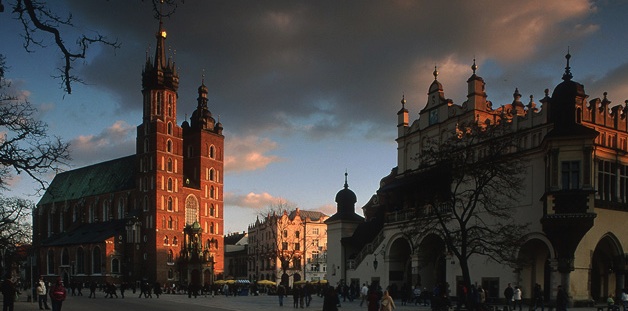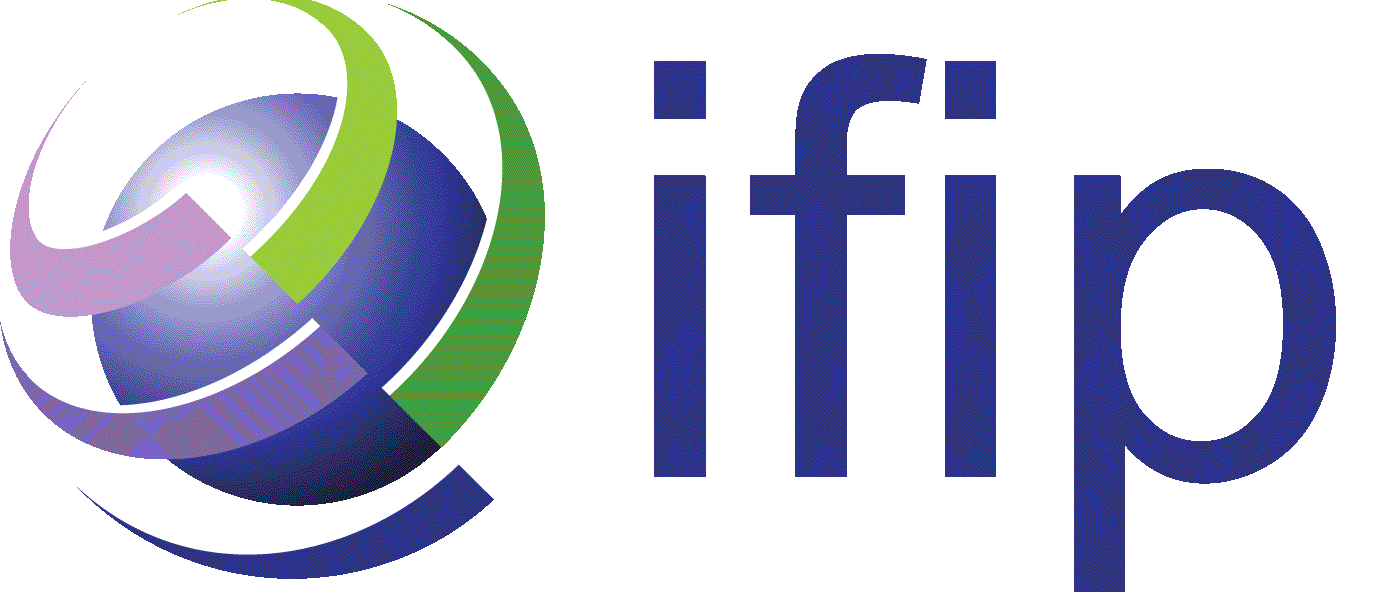1ST IEEE / IFIP International Workshop on SDN Management and Orchestration
Uniform Management of Software Defined Networks (SDN) — Network Functions Virtualisation (NFV) — Programmable Networks (PN) — Software Defined Data Centre (SDDC) — Mobile Cloud Computing (MCC) environments
In the next decade, the technological substrate and the monetary constrains will create a profound transformation of infrastructures for communications and services. The progressive integration of advanced Information Technologies (IT) and Communication Technologies (CT) will create new markets and products opportunities for the industry and new economic drivers for our society. This new paradigm relies extensively on the pervasive exploitation of processing, storage and networking resources: from smart things and devices to machines and vehicles, from radio access to micro-data centers in aggregation networks, from virtual middle-boxes to disaggregated service platforms. This calls for a complete rethinking, restructuring and redesigning of the current end-to-end architecture.
Network programmability and dynamic configurability are essential requirements for future carrier networks. Software defined networking (SDN) along with network virtualization is envisaged as one of the key technology enablers for meeting these necessities. Within this framework, in order to fully exploit the potential of network and application virtualization and efficiently handling heterogeneous physical resources, e.g. across network and datacentre domains, network operators need orchestration platforms.
Key platform ingredients are algorithms to allocate physical resources to virtual requests and find the optimal location of network functions, IT and CT resources, services and corresponding states, especially at the edge of the network. Equally important are the APIs at the different interfaces between individual resources and their controllers to implement the orchestration functionality. This timely workshop will shed light on the fundamental technology components for SDN management and orchestration, as primary building blocks of the network of the future. Topics of interest include, but not limited to:
- Unified management frameworks for SDN / NFV / PM / MCC / SDDC
- Abstractions, architectures and management functions for rapid service deployment in SDN / NFV / PM / MCC / SDDC environments
- Position papers on the bottlenecks and architectural challenges to be resolved for maturing SDN / NFV / PM/ MCC / SDDC environments
- Architectures, functions, interfaces and protocols for efficient management and orchestration
- Quality of Network (QoN): QoS/QoE in (future) networks supported by SDN
- Orchestration of SDN / NFV / PM / MCC / SDDC resources and related virtual requests embedding algorithms
- Network abstractions, node and link mapping problem description
- Embedding algorithm implementations, solutions for nodes and links mapping problem
- SLA composition for virtualized network functions
- Auto-*: auto-reconfiguration, auto-monitoring, auto-failure detection and migration in SDN / NFV / PM / MCC / SDDC environments
- Evaluation Tools and Testbeds


